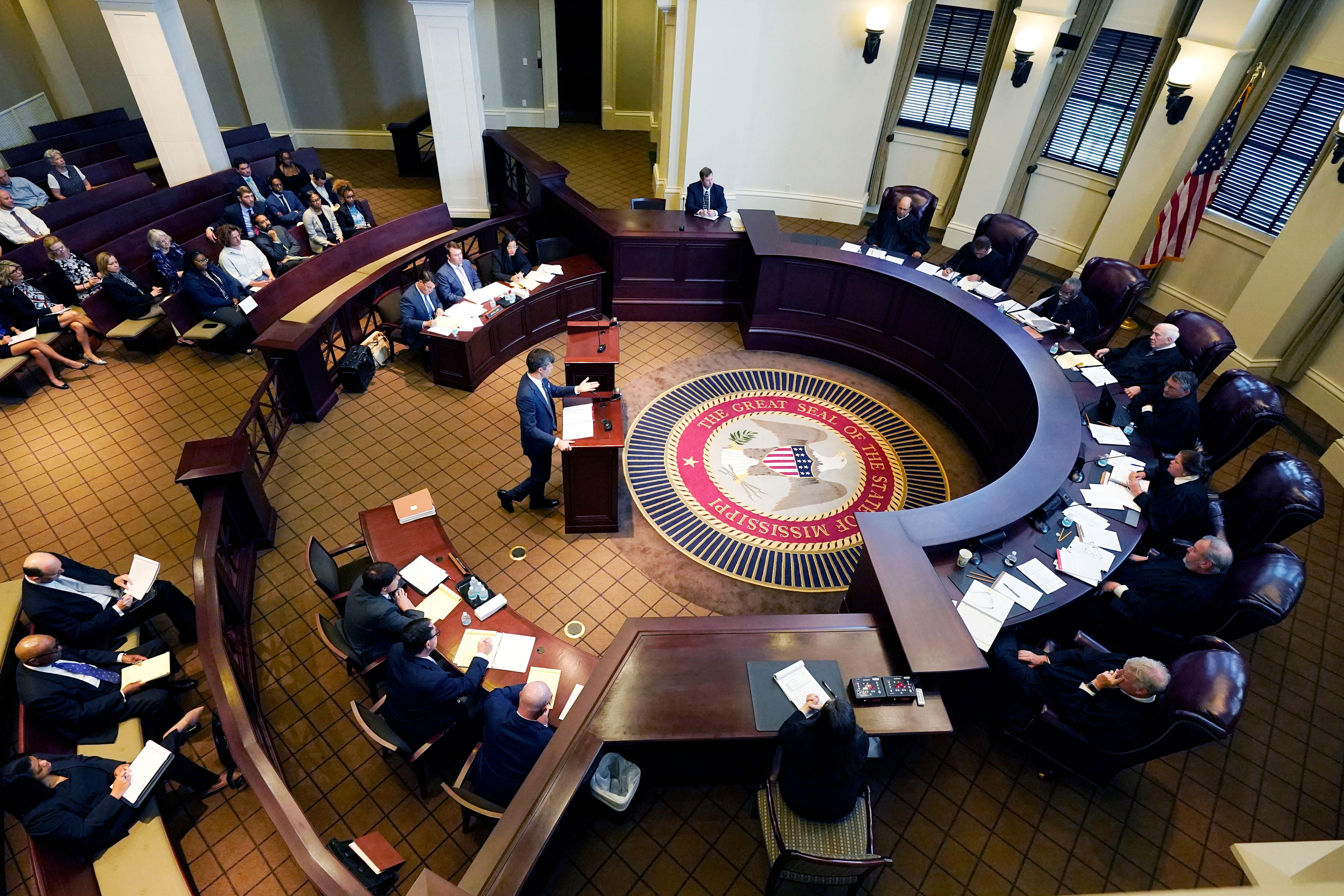The Mississippi Supreme Court is set to decide the constitutionality of House Bill 1020, the controversial new law that sets up a new court system within Jackson.

The Mississippi Supreme Court is set to decide the constitutionality of House Bill 1020, the controversial new law that sets up a new court system within Jackson.

Will Stribling
Supreme Court set to decide constitutionality of House Bill 1020
That court system would be ruled over by temporary circuit court judges appointed by the Chief Justice of the Supreme Court, Michael Randolph.
The case reached the state’s highest court after a lower court dismissed the lawsuit. The plaintiffs are three Jackson residents who say the law violates a provision of the Mississippi Constitution that says circuit court judges must be “selected by the people.”
Cliff Johnson, director of the MacArthur Justice Center and attorney for the plaintiffs, said during oral arguments on July 6 that while there might be a need to address Hinds County's overburdened court system, there is no justification to do so while violating the constitution.
"I think this analysis of emergency or overcrowded docket as some sort of justification for these appointments is something about which we should be very careful," Johnson said.
Johnson acknowledged that one state law has been used to appoint judges, but argued that appointing temporary judges alongside elected ones in Hinds County is not constitutional.
Scott Stewart, Mississippi's solicitor general, argued that the temporary status of the judges called for by HB1020 sets them apart from elected circuit court judges, and that this distinction means the law does not violate the state constitution.
Chief Justice Randolph recused himself from Thursday's hearing because he is a named party in the lawsuit due to his role in appointing the new judges. Justice James Kitchens, who presided over the hearing in Randolph's absence, appeared skeptical of Stewart's argument, as the law explicitly calls the appointees circuit court judges.
“When they go to work, they go to the circuit court… so wouldn’t that be a judge of the circuit court as contemplated by the constitution?” Kitchens asked. Stewart disagreed.
The justices also pointed out potential constitutional issues with the Capitol Complex Improvement District (CCID), which is under Capitol Police jurisdiction — and which HB1020 expands.
Kitchens took issue with the CCID court’s ability to send those convicted of misdemeanors to the Central Mississippi Correctional Facility, when municipal courts are required to send them to a county jail.
The state constitution requires that inferior courts have the ability to appeal to a higher court, and appellants argued the CCID court does not meet this requirement. Stewart argued that the CCID would follow the same appeals process as municipal courts in the state, as they are similarly structured. However, that is not laid out in the text of HB1020.
HB1020 has not gone into effect due to an injunction issued by Judge Henry Wingate in a separate federal lawsuit.